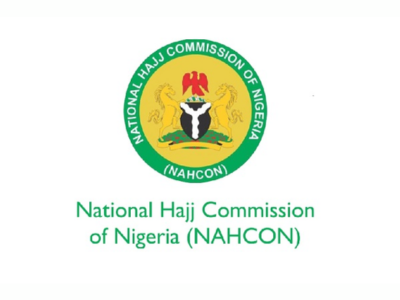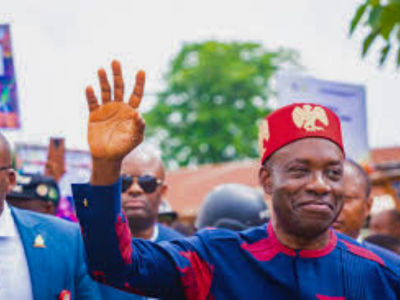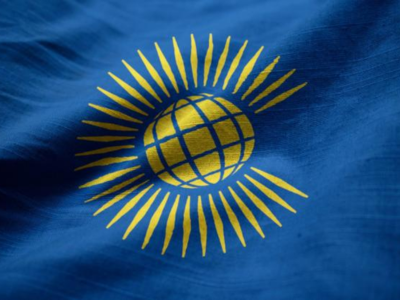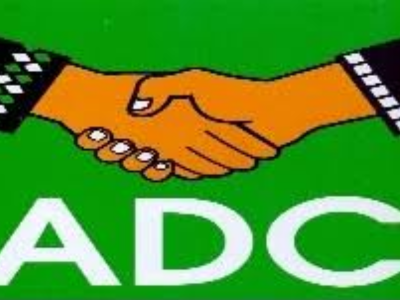Obi Blasts 'Poor Policy Choices' as IMF Omits Nigeria from Africa's Top Growth List
- by Editor
- Oct 23, 2025

Credit: Freepik
The Labour Party presidential candidate in Nigeria's 2023 elections, Peter Obi has sharply criticized Nigeria’s economic management following the country’s omission from the International Monetary Fund’s latest ranking of Africa’s fastest-growing economies.
In a post on X on Thursday, Obi blamed the snub on “poor policy choices, corruption, and waste,” urging a shift toward human development and production-driven growth.
The IMF’s October 2025 Regional Economic Outlook for Sub-Saharan Africa projects Nigeria’s economy to grow by 3.9% in 2025—below the regional average of 4.1% and trailing countries like Benin (7.0%) and Côte d’Ivoire (6.4%).
The report attributes Nigeria’s sluggish performance to persistent inflation above 30%, currency instability, and structural challenges including low revenue mobilization and debt servicing that consumes 90% of federal spending.
Obi contrasted Nigeria’s resource-rich status with the disciplined fiscal and social investments of smaller nations. “Our own economy, sadly, continues to struggle under the weight of poor policy choices,” he wrote, calling for leadership that prioritizes education, healthcare, and poverty reduction. “A New Nigeria is POssible,” he added, advocating for governance rooted in service rather than “criminal acquisition of unearned wealth.”
The critique comes amid broader concerns over Nigeria’s economic trajectory. Economist Bismarck Rewane described the country’s reform efforts as “missed opportunities,” despite President Bola Tinubu’s moves since 2023 to cut fuel subsidies and unify foreign exchange rates. The administration maintains these are foundational steps, with Finance Minister Wale Edun projecting 4.2% growth in 2026 and emphasizing domestic revenue targets of ₦19.4 trillion ($12 billion) and expansion in non-oil exports.
Still, opposition voices remain unconvinced. The Peoples Democratic Party labeled Nigeria’s exclusion from the IMF list a “Tinubu failure,” citing poverty rates near 40% and youth unemployment exceeding 50%. Rights groups like the Socio-Economic Rights and Accountability Project have raised alarms over transparency, particularly regarding ₦28.6 trillion in “ways and means” loans.
IMF officials, speaking at an October 17 briefing, had urged Nigeria to “strengthen reforms” through tax adjustments and subsidy restructuring, warning of downside risks from global economic shocks. The report underscores the importance of diversification and fiscal discipline—areas where Nigeria continues to lag.
Though elections remain distant, the debate over Nigeria’s economic future is intensifying, with leadership, policy, and accountability at the heart of the conversation.












0 Comment(s)